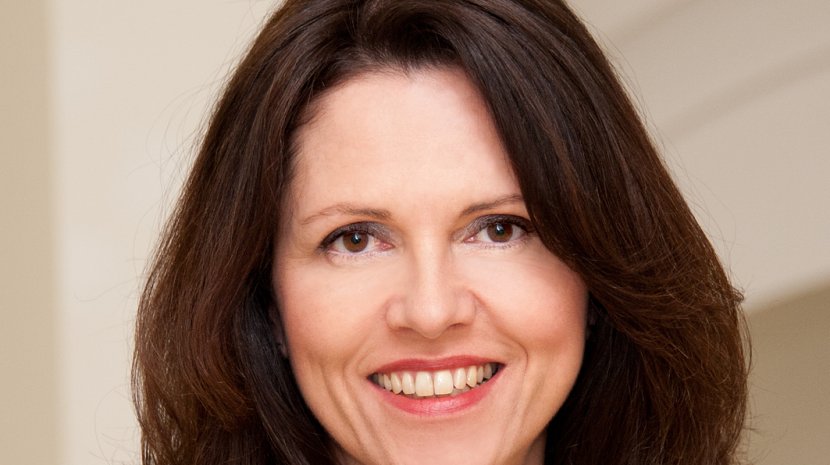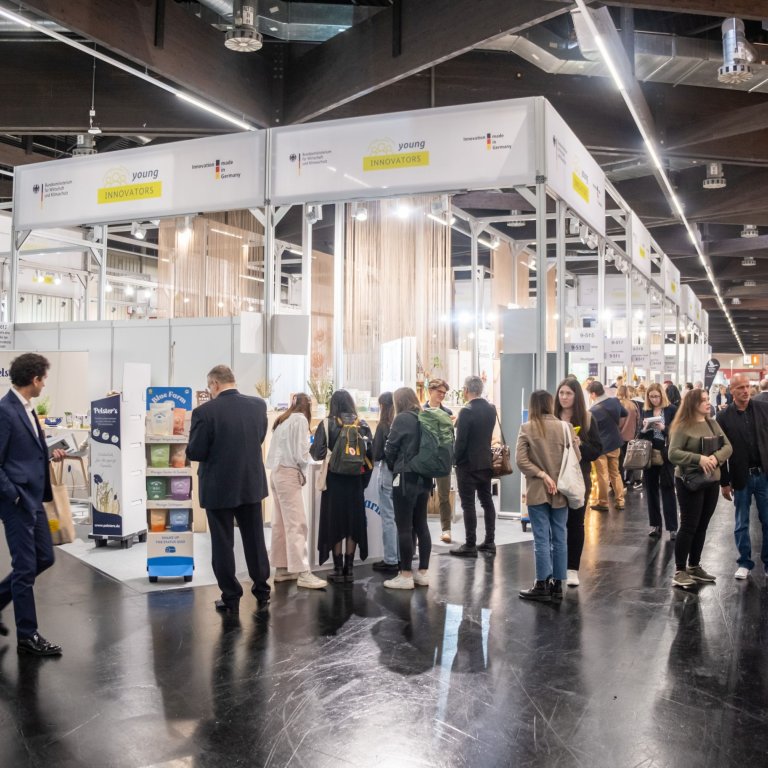

Frugal innovations are things the world can really use.
How many programs does your washing machine have? And, hand on heart, how many of them do you use? Frugal innovation asks what is really necessary - and makes products refreshingly simple again. Engineers and developers have to turn their way of thinking upside down to achieve this.
Friday evening, a shared apartment in the west of Ingolstadt. The barbecue is sizzling on the balcony, after-work beer. "Headlights are now the third most expensive component in our cars," enthuses an engineer who works in the Automotive Lighting division. For him, what's in modern car headlights is pure innovation: LED or laser lighting that reacts to the surroundings thanks to a camera and even detects deer crossing. Elaborate, complex, ahead of the competition. That's how innovation is thought of here.

Dr. Petra Blumenroth, Bayern Innovativ GmbH
"But innovation can also be thought of in a completely different way," says Dr. Petra Blumenroth. She is setting up the Frugal Innovations programme at Bayern Innovativ GmbH. She supports new developments that are simple instead of complex; that consume few resources and are robust and much more cost-effective than any comparable products. The origin of the frugal idea is an engineering spirit that is more at home in the workshops of India than in the R&D laboratories of this country.
In India, the term "Jugaad" stands for the informal market of all those who assemble things out of necessity, quasi "necessity is the mother of invention". This is also at the heart of frugal innovation: finding answers to people's real needs and hardships with limited resources. The pioneers of frugal innovation often come from developing and emerging countries. One of them is Mansukhbhai Prajapati. In 2001, the engineer developed a refrigerator without electricity in the Indian province of Gujarad. The suitcase-sized cabinet has thick, grooved walls made of clay and keeps food fresh for around five days by allowing water to evaporate on the walls and cool in the process.
"There are many good reasons for a local company to get involved with the frugal mindset, too," Blumenroth from Bayern Innovativ is convinced. For her, the new simplicity is the key to a huge market that has hardly been taken into account so far: In emerging countries, the number of people who count themselves as part of the middle class is growing rapidly. By 2030, there will be 4.8 billion people worldwide. They will demand simple, good and affordable - i.e. frugal - products. "The frugal approach also helps local companies to cope with economic pressure and global competitors. They learn to manage increasingly scarce resources and to comply with sustainability targets," Blumenroth adds, referring to a "new discussion of values" in the mature markets on our doorstep. In other words, more and more critical consumers are rejecting the "higher, faster, further" of industrially driven innovations. Their benchmarks are sustainability, social compatibility and concrete benefits.
For years, the focus on high-tech and premium was considered a safe bank. Now even large companies have to ask themselves: Have we innovated away from the actual needs of our customers?
In the future, it won't be enough to simply omit a few features from an established product X, Blumenroth explains: "Companies, whether start-ups or corporations, will have to rethink their products in order to be frugally successful. They have to stand next to the customer and look closely: How does he need the product? What is the essence? In what cultural context does he use it?" Simple, modular, easy to repair - these are new priorities for many developers. "When engineers are suddenly asked to develop very 'simple' things instead of high-tech, with standard components that are as inexpensive as possible, many first say 'excuse me?' and are not enthusiastic" reports Blumenroth. After all, everyone wants to be responsible for the flagship. However, once you have adopted the frugal perspective, you recognize challenges that are at least as exciting, demanding and fulfilling. He will not only gradually improve established procedures, but fundamentally question them and thus more frequently break new ground in order to develop suitable solutions for customers.
Like the Indian development team of the US industrial and medical technology giant GE, for example. The engineers in Bangalore succeeded in shrinking an ECG device to the size of a portable cassette player. Equipped with batteries, it is designed for mobile medical care in rural areas. Standard components such as a simple cash register receipt printer take care of the diagnostic output and shrink the costs along with it. All in all, this is an innovation that is also attracting attention in developed markets: after all, the trend in this country is toward more mobile and flexible healthcare. As a result, many a product developed for emerging markets comes back slightly modified and is also successful here. Because it is simply more efficient or occupies a new niche.
Frugal innovation also means bringing the greatest possible benefit to as many as possible. The transition to social business and development aid is fluid. As in the case of the One-Dollar Glasses project: easy-to-produce glasses that make it possible for millions of people to see well. They were developed by Martin Aufmuth from Erlangen. His concept provides for the glasses to be produced locally in developing countries. The association EinDollarBrille e.V. trains people in countries like Burkina Faso or Brazil in the production of glasses and as opticians. The bending machine for the frame works without electricity. "Ideally, frugal innovations help to involve people on the ground in developing countries and bring them into wages and bread," Blumenroth concludes. The biologist herself spent a few months in South Africa supporting upcycling projects. At Bayern Innovativ, she is now looking for companies that want to open up to the frugal mindset. The frugal innovation approach offers promising opportunities for opening up new markets, especially for small and medium-sized enterprises in Bavaria. This is where Bayern Innovativ wants to start and sustainably network the relevant competence carriers and market participants from interesting sectors such as medical technology. There is a dual conviction behind this: The "new simplicity" is good for business success. And it can do us all good.
Further information can be found on the MedtecLIVE website, the platform for the European medical technology scene, at www.medteclive.com.
Bayern Innovativ provides information on the topic at www.frugale-innovationen.de.
Image credits:
istockphoto.com/RichVintage



